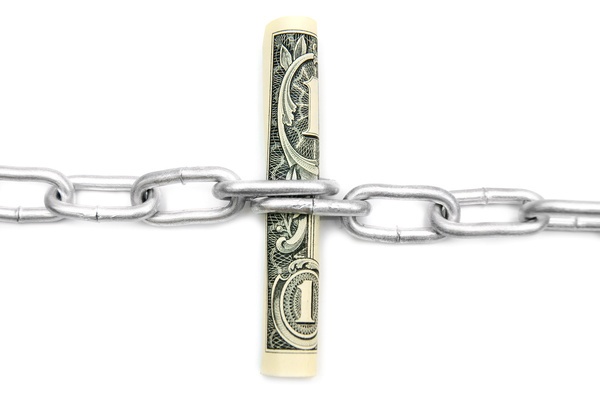 Most construction contract Owners have been faced with a perceived lack of performance by their contractor, and subsequently been faced with the choice of whether to withhold monthly payment. If the owner is a state or federal government entity, prompt payment laws almost certainly apply. Private contracts are generally exempt from such laws, but not always: states like Vermont have prompt payment laws covering all construction contracts. Check your jurisdiction to confirm.
Most construction contract Owners have been faced with a perceived lack of performance by their contractor, and subsequently been faced with the choice of whether to withhold monthly payment. If the owner is a state or federal government entity, prompt payment laws almost certainly apply. Private contracts are generally exempt from such laws, but not always: states like Vermont have prompt payment laws covering all construction contracts. Check your jurisdiction to confirm.
While these laws vary slightly from state to state, they generally contain language that describes:
- what constitutes a proper invoice from the contractor
- a required notice, and notice period, of improper invoice by the Owner
- interest owed by the Owner for improperly held funds due the contractor
- award of attorney’s fees in case of dispute
A common theme is that all undisputed amounts must be paid in accordance with the contract provisions and timing. In other words, even if the contractor fails to produce a revised invoice, the undisputed amounts of the original invoice, assuming all other provisions have been met, must be paid to avoid interest payments.
Full or partial withholding of an invoice is generally straightforward when it comes to the main items of work shown in the schedule of values or other breakdown of the work. If a component of the work does not conform to the contract documents, the value of the substandard work is simply subtracted from the invoiced amount. But what about certain administrative items that are also important to a successful project? For example, a monthly updated CPM schedule or conditional lien waiver?
Can payment be withheld for such items? The answer is, “It depends on the contract language”. In order to withhold for such items, the contract must be clear about what constitutes a ‘proper invoice’. As a construction manager, I prefer contracts whose ‘proper invoice’ language specifically lists each required backup document that together forms a ‘proper invoice’ package. Alternatively, some contracts contain blanket invoice language that forces an owner to dig through the contract to find which sections contain deliverables which could withhold payment if not submitted in a timely fashion.
If the contract language is clear that an updated CPM schedule is part of a “proper invoice,” then yes, payment can be withheld. Withholding funds is no small matter though. Therefore, clarity of what constitutes a proper invoice package is essential. Also, it is highly advisable to notify the contractor during the pre-construction conference of the invoice package requirements and the Owner’s intention to withhold payment if a "proper invoice" is not submitted. Setting clear expectations early will help avoid an adversarial relationship.
The next post on withholding payment will focus on what administrative items make the most sense to include in the invoice package requirements. Many owners struggle with finding the right leverage to ensure timely delivery of various administrative contract documents. Tying these deliverables to monthly payment is often the right solution.
Have you ever withheld payment from a contractor? What provisions do you place in the contract to protect yourself? I’d like to hear about your experience.
Photo credit: Adobe Stock / Artem Shadrin

